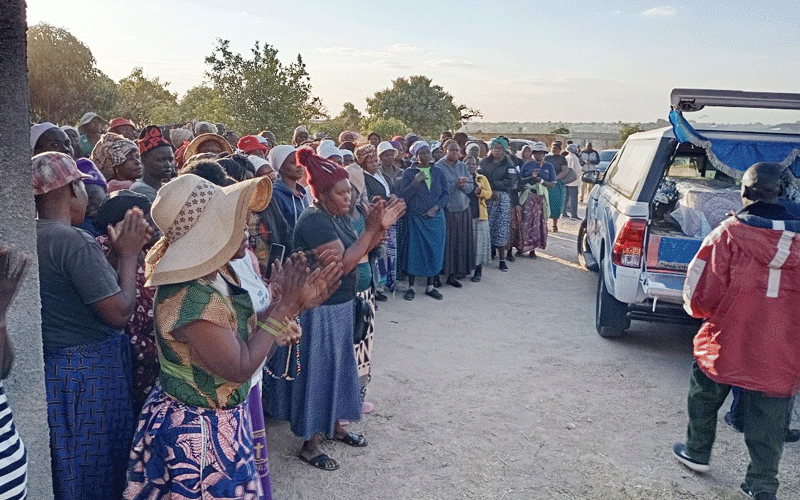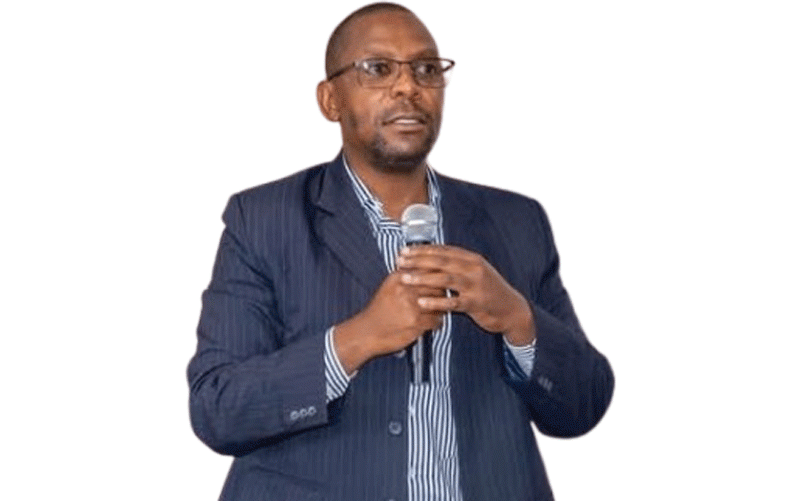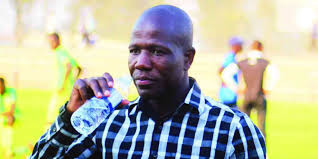BY NQOBANI NDLOVU
The Zanu PF government used proxies to capture the Zimbabwe Congress of Trade Unions (ZCTU) through the election of a new leadership with leanings towards the ruling party, insiders say.
Florence Taruvinga, a technician with the state-owned power utility Zimbabwe Electricity Supply Authority (Zesa), emerged victorious, garnering 73 votes against ZCTU president Peter Mutasa’s 59 in elections held under controversial circumstances.
Mutasa is viewed as an ally of MDC Alliance leader Nelson Chamisa.
Taruvinga, previously Mutasa’s deputy, is the first woman to become ZCTU president. Zanu PF and MDC-T led by Douglas Mwonzora were quick to celebrate her victory.
Mwonzora is widely viewed in opposition and civil society circles as a Zanu PF proxy.
Doug Coltart, who followed the ZCTU election process closely as a lawyer for the Amalgamated Rural Teachers Union of Zimbabwe (Artuz), said the elections were manipulated to tilt the ground in favour of a pro-Zanu PF faction in the country’s leading labour centre.
Artuz and the Footwear Tanners and Allied Workers’ Union delegates were stripped of their voting rights ahead of the congress under unclear circumstances.
ZCTU wrote to the two unions on October 8 advising them that their voting rights had been stripped basing on legal opinion from the labour body’s lawyers Muchadehama and Makono (MMM).
However, the two unions on October 20 represented by their lawyers Mtetwa and Nyambirai filed an urgent chamber application seeking the postponement of the elective conference until the issue of their voting rights was addressed.
Justice Fatima Maxwell ruled in favour of ZCTU, resulting in the holding of the elective congress.
But Coltart raised concern that proceedings leading to the congress were pre-determined to ensure the “capture” of the organisation by the state.
“The story needs to be told,” the human rights lawyer said.
“Essentially, it relates to the co-option of the ZCTU by the regime at the just-ended elective congress; some of the shenanigans that have gone on in the lead up to that congress in order to facilitate that co-option.”
Coltart added: “It’s quite concerning, it has implications for the society as a whole.
“The labour movement is being co-opted and I think it’s part of a broader strategy of co-option that the regime appears to be rolling out.
“I have been involved in the legal side of things trying to defend the rights of certain unions who were stripped of their voting rights in the lead up to the congress as part of this strategy of co-option.”
In an urgent Chamber application, Artuz and Footwear Tanners and Allied Workers’ Union argued stripping the unions of their voting rights was illegal, discriminatory and irrational.
“The decision to exclude the applicants’ delegates from voting at the general conferences ostensibly made on the basis of their non-compliance with section 9.5 of the ZCTU constitution, which requires that the names of delegates and current membership be submitted to the secretary-general four months prior to the conference, which according to the MMM legal opinions gives a cut-off date of 31st May, 2021,” ARTUZ secretary-general Robson Chere said in his founding affidavit.
“However, if the decision to hold the general conference in October 2021 was only taken by the general council at a meeting held on the 26th June 2021 and communicated to the 1st and 2nd applicants on the 29th July 2021 and 2nd July 2021 respectively.
“Therefore, it was impossible for any affiliates to comply with clause 9.5 of the constitution and it is a fact that none did.”
Chere argued the elective conference was supposed to be postponed under the circumstances.
“Therefore, this means that all affiliates, whether new or old, are in exactly the same position with regard to non-compliance with clause 9.5 of the constitution.
“If however, the ZCTU is determined to go ahead with its general conference on 27th October 2021 without compliance with clause 9.5 by any affiliates on the basis that non-compliance may be ratified, then such ratification must and can only be done with respect to all affiliates.
“To ratify non-compliance by some affiliates while refusing to ratify non-compliance for others would be patently discriminatory, arbitrary, irrational and unlawful.”
ARTUZ president Obert Masaraure and Mutasa were diplomatic when asked on the next course of action.
“Yes, we had issues,” Mutasa said.
“We were not happy about the process, but so far our team has decided to let that be water under the bridge.
“We are moving on to the next assignment.”





